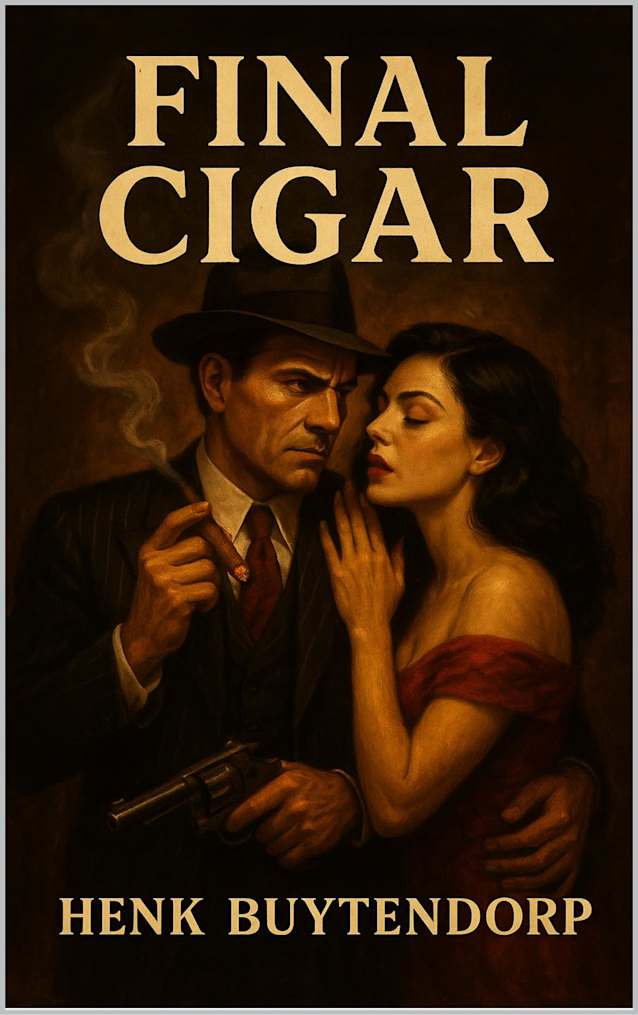Final Cigar
About
The Final Cigar is a sharp, reflective tale about mortality, memory, and the small rituals that define a life. The story follows an aging protagonist who, aware that his time is drawing to a close, decides to savor one last cigar—a habit that once symbolized his youth, ambition, and moments of triumph. As he lights it, the smoke becomes a vessel of memory, carrying him through fragments of his past: nights of celebration, quiet conversations with friends long gone, and the bittersweet solitude of choices made.
The narrative balances melancholy with dignity, portraying the cigar not as a vice but as a final gesture of agency. Each draw becomes slower, more deliberate, mirroring the dwindling breaths of life itself. The protagonist is neither fearful nor regretful, but contemplative—accepting of the inevitable.
Symbolism runs throughout: the curling smoke represents the fragility of existence, the ash a reminder of time reduced to dust, and the ember a last spark of vitality. The cigar becomes more than tobacco; it is a metaphor for closure, legacy, and the human need to leave life on one’s own terms.
In the end, The Final Cigar is less about death and more about how one chooses to face it.
